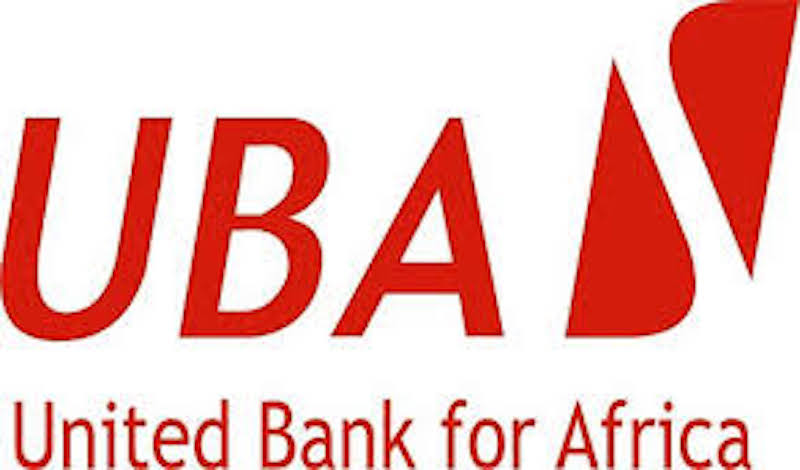BELGIUM is sending a high-powered business delegation comprising 25 companies to Zimbabwe to explore investment opportunities, in a move expected to boost Government efforts to make the country an attractive investment destination.
This was confirmed by incoming Belgian Ambassador to Zimbabwe Mr Didier Vanderhasselt yesterday while briefing journalists after a closed-door meeting with President Mnangagwa.
He was among new envoys who presented their credentials to President Mnangagwa at State House yesterday.
Other ambassadors who did the same are new head of the European Union Mission in Zimbabwe Mr Timo Olkkonen and Mr Mahamane Aoudou Cisse of Mali.
Mr Olkkonen replaces Mr Philippe van Damme.
“I had the pleasure to announce to the President that the Chamber of Commerce of Belgium, Luxembourg ACP in Brussels is considering a trade mission to come to Zimbabwe in the month of January to assess the situation and to see what kind of economic cooperation that is possible,” said Mr Vanderhasselt.
“We have something we can build on. I think now is really the moment to re-engage with Zimbabwe,” he said.
Mr Vanderhasselt said Belgium secured a non-permanent member of the United Nations Security Council seat in elections held in New York in June this year for the period 2019-2020.
He said Brussels was determined to work with Zimbabwe on issues to do with international peace and security.
“It is now clear Belgium will hold a non-permanent seat in the Security Council from January 2019 for two years,” he said.
“It is very important to keep channels of communication open with Zimbabwe to discuss regional issues and matters of international security.”
Mr Olkkonen said the EU supported the Government’s political and economic stabilisation process.
“We are following with keen interest what the Government is doing, particularly its reform process both on the political and economic fronts,” he said.
“We are looking at the transitional stabilisation process and we are quite willing to engage with the Government and give support to the reform ambitions that the Government has embarked on.”
He said Government has made some positive steps in the reform processes, particularly in the economic front.
“There are positive indications particularly on the economic reforms agenda,” he said.
“What is important is to see concrete action being taken like issues about the macro-economic stability. It is absolutely a very important one and we are looking at how the Government will start to tackle it.
“The transitional stabilisation process contains a lot of issues that we agree upon and we would like to see movement on that area.”
Mr Olkkonen said the EU had been supporting Zimbabwe through development cooperation since independence and pledged to enhance ties.
“So, currently the EU is working in sectors of health, governance and agriculture and we have a multi annual framework for financing of that co-operation which means for a period of years we are continuing in the same sectors.
“Our main focus areas include health, agriculture and governance. We are going to continue with those but obviously that is not the full extent of the EU co-operation. There is natural resources management, there is humanitarian aid, so EU is engaged with Zimbabwe in several sectors.”
Mr Cisse said his meeting with President Mnangagwa was an extension of the two countries’ long standing relationship.
“As an ambassador of Mali to Zimbabwe, I would like to contribute to strengthening that friendship and also contribute in the exploration of new avenues of co-operation between our two countries,” he said.
“We have identified a number of areas like mining, like agriculture, cattle breeding as well as certain areas where we can build up solid co-operation.”


